
Cardiac catheterization and the purpose of it
Cardiac catheterization is one of the methods that are used when it is necessary to check out the functioning of the heart and heart valves as well as whether the blood flow to the heart is regular or not. This way it is also possible to determine the amount of oxygen in the blood and the blood pressure within the heart. Cardiac catheterization is used for the location of the blockage in the blood vessels, as well as in cases when a sample tissue needs to be taken from the heart for the purpose of biopsy. The procedure is done with the help of the catheter which has to be inserted into one artery or vein either in arm or leg, or even neck or groin, and from there the tube is guided through the blood vessels all the way to the chambers of the heart or to the coronary arteries. Besides these tests some treatments of certain heart conditions are done in this way as well.
Complications of cardiac catheterization
As far as the possible complications of this procedure are concerned, it should be mentioned that cardiac catheterization is generally considered to be a safe procedure. Complications are possible but they happen very rarely, and the main reason for that is the fact that this has become a routine procedure. Experienced doctors perform it, and there are certain steps that the patient has to do before undergoing this procedure. 12 hours before the procedure, the patient should refrain from eating or drinking, and what is the most important they should try to relax no matter how impossible it might seem. Anxiety or nervousness may affect the results thus leading to the wrong diagnosis. The patient's condition is monitored during the procedure, and before it begins, blood pressure and temperature are checked. Bruising and bleeding are some of the less serious complications that may occur, while a bit more serious are arrhythmias and the damage of the artery which is used in the process of catheterization. Some of the complications that may have permanent consequences are infections, blood clots, and the damage of the heart tissue or artery, but the most serious and dangerous are heart attack or stroke. In some cases they may even result in a death of the patient. However, although it is probably impossible for the patient who is about to have cardiac catheterization to feel indifferent either because of the procedure or because of the possible results the complications should not be a reason for concern, since they are very rare.




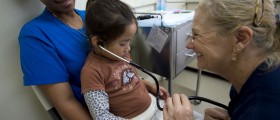

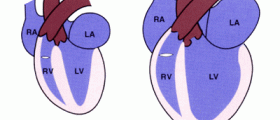


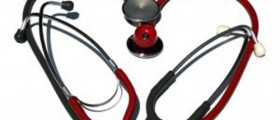
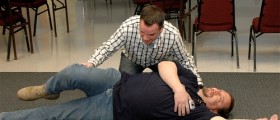



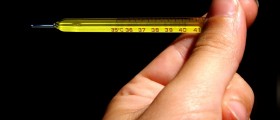

Your thoughts on this
Loading...